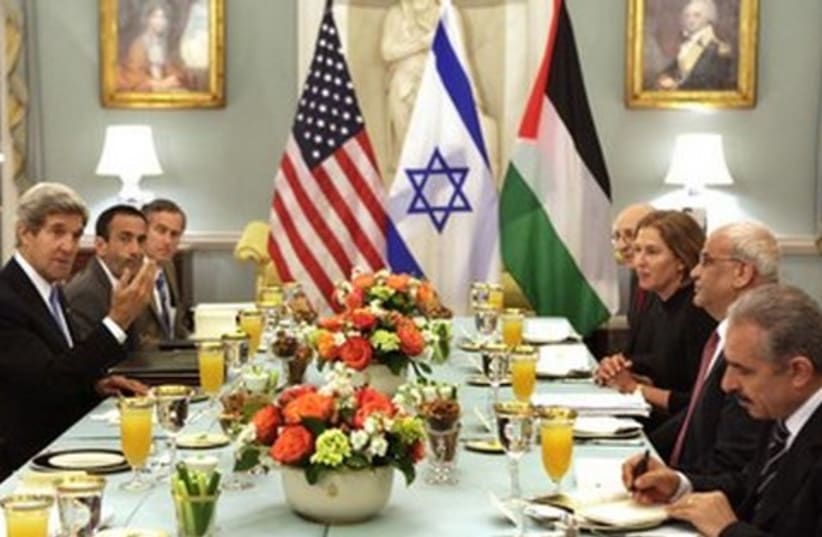Top Palestinian negotiators: New settlements over Green Line aimed to sabotage talks
Saeb Erekat calls on PM to show "good faith" while Muammad Shtayyeh says negotiations a "smoke screen for more settlement construction" after Israel's announces tender to build 1,187 new homes over Green Line.
